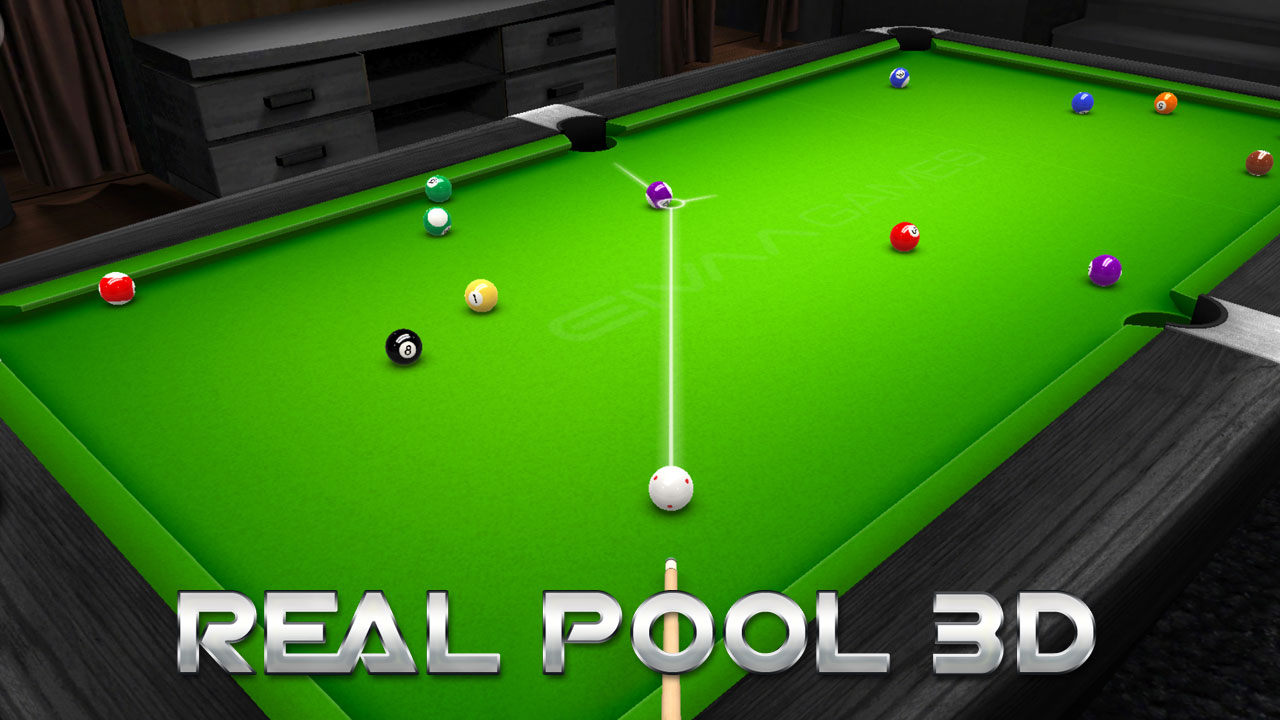
Pool is one of the world's most popular sports. It can be played at a variety of sizes. It is a difficult game and requires skill. There are many kinds of pool. However, eight ball pool and continuous pool are the most popular. These games require skill and can either be played solo, in pairs or as a group sport.
The game's objective, however, is to collect all the designated balls. This includes the cueball, eight-ball and any other object balls. Each player receives one of two pockets at each end of the table. They keep going until they foul or miss. If a foul is committed, the player must put the ball back on and take a new shot. A variety of fouls can occur including a break, hitting the cueball into an object ball, committing an unlawful break, or executing a jump shot.
The official pool rules are the World Standardized Rules. They are used at many international tournaments as well as in the Billiard Council of America. Fouls must be committed when the ball is lost. The opponent's ball must be re-entered and the point will be awarded to the player who has the ball in his pocket.

In eight-ball, the goal is to pocket the black eight ball. Depending on the variation of the game, the other balls are numbered 1 through nine. The winner of the game is the one who has the ball in his own hand.
A normal foul can result in a penalty of a minus. If the ball is pocketed in the course of a foul, the ball must be immediately racked. The player may decide to return to the same position as before the foul by taking his next shot. The player may also decide to keep the shot. However, if the opponent places the ball into his pocket, he will get a points.
Another type of foul is the ball in hand foul. This happens when the ball is touched by a player without his or her foot touching the floor. A player must announce the ball that was pocketed before taking a shot. The ball that was lost in foul must be returned to the player who pocketed it.
A player who commits more than two fouls at once must be warned before taking their next shot. A third foul can result in the game being lost if the player does not agree to a penalty. A player who breaks in the first innings will get a minus score equal to -10.

A non-player interfering foul is another form of foul. A foul is one that is not considered to be player interference. Non-player interfere does not apply if the ball has been pocketed in a course or foul.